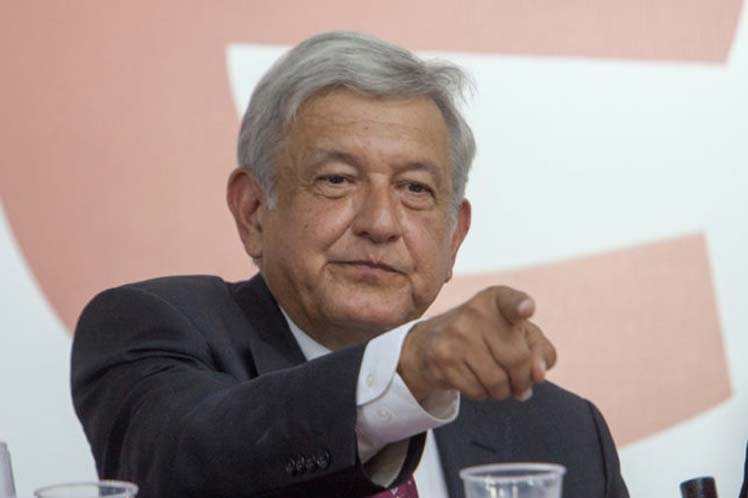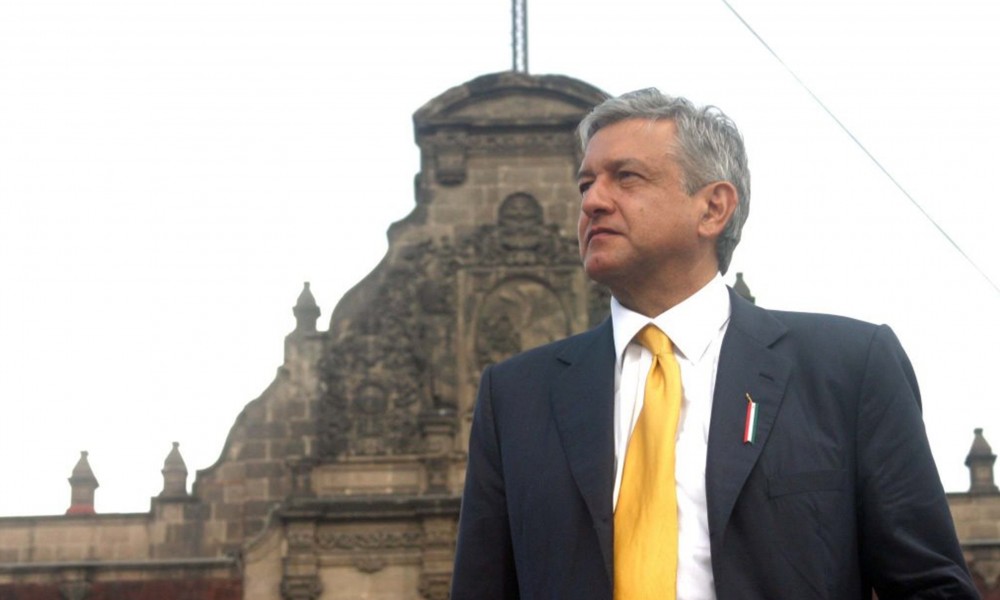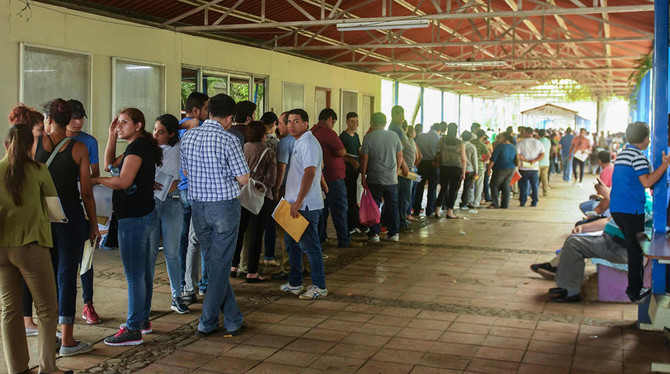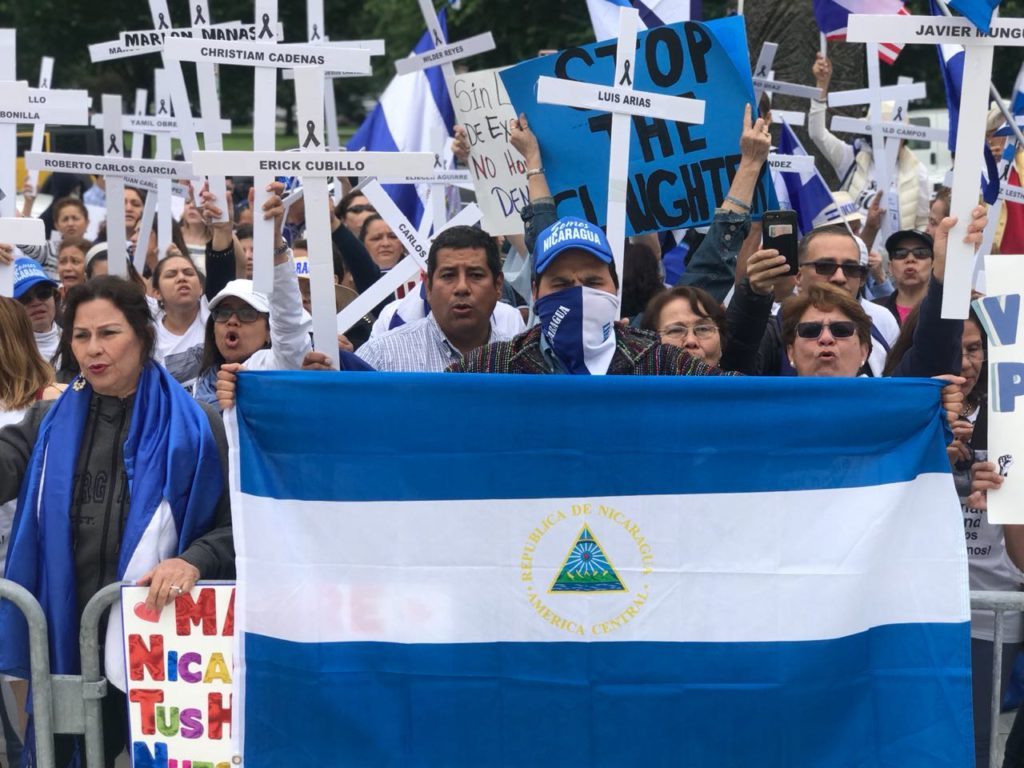por los servicios de cable de El Reportero
Aunque el mundo electoral lo reconoce como tal, Andrés Manuel López Obrador lo formalizó como el ganador de las elecciones del 1 de julio y el próximo presidente constitucional de México.
Por unanimidad, vindicando el carácter democrático y legítimo del proceso electoral, los magistrados del Tribunal Electoral del Poder Judicial de la Federación (Tepjf) aprobaron el informe en el que certificaron las elecciones presidenciales. También respaldaron la entrega del certificado del Presidente electo al candidato de la coalición Juntos Haremos Historia, Andrés Manuel López Obrador.
“Solo quienes han obtenido el poder a través del proceso electoral tienen el capital político y la moral para ejercer”, argumenta la magistrada del Tepjf, Janine Otalora.
Antes de este paso legal, López Obrador se abstuvo de participar en eventos oficiales, incluida la reciente Cumbre de las Américas, aunque fue invitado por el presidente Enrique Peña Nieto.
También prometió respetar el mandato de Peña Nieto hasta el último momento, aunque haya tenido que tomar medidas con las que cambiar el país, incluso pacificarlo en la actual ola de violencia y delincuencia, y reducir la pobreza.
El 1 de diciembre, López Obrador es juramentado por el Congreso de la Unión como Presidente de la República para el período 2018-2024.
Gracias a Amazon, el gobierno pronto poder rastrear tu rostro
Defensores de los derechos civiles preocupados por la tecnología de reconocimiento facial de Amazon
Washington, DC – Los miembros del Congreso dirigieron una carta bipartidista al presidente, presidente y CEO de Amazon, Jeff Bezos, solicitando una reunión sobre la nueva tecnología de reconocimiento facial de Amazon, marcada y vendida como “Amazon Rekognition”.
La carta, firmada por 25 miembros del Congreso, la cual puede tener sobre los votantes de la ACLU, los resultados de su propia prueba y la de 28 miembros del Congreso fueron identificados erróneamente. como presuntos delincuentes. Entre los partidos se encontraban el representante Gómez, el representante Lewis y el representante Garrett. Según la ACLU, el 40 por ciento de los partidos falsos de Rekognition fueron de personas de color, un porcentaje del 20 por ciento del Congreso.
Guatemala establece una plataforma para encontrar mujeres desaparecidas
Guatemala ha establecido una plataforma para el tratamiento de mujeres denunciadas como desaparecidas, una cifra que permanece en rojo debido a su relación con la discriminación de género.
La procuradora general Consuelo Porras explicó que el mecanismo llamado Isabel Claudina es una alerta que los familiares pueden activar en la Fiscalía y la Policía cuando se sospecha un delito.
El nombre derivado de la unión de las adolescentes María Isabel Véliz Franco y Claudina Isabel Velásquez Paíz, que fueron encontradas muertas después de ser reportadas como desaparecidas en 2001 y 2015 respectivamente, en el municipio de Mixco y la capital.
Según Porras, en el caso de Claudina, los padres, al enterarse de que estaba perdida y en peligro, a la policía a la policía, pero la policía a la esperaban 24 horas para la denuncia que había desaparecido.
Su cuerpo fue encontrado un día después en la colonia Roosevelt por los Bomberos Voluntarios antes de una llamada anónima.
Las estadísticas del Ministerio Público informaron que en este país centroamericano dos mujeres desaparecen a diario por diferentes motivos, en su mayoría asociados a la violencia de género.
La Fiscalía informó 287 casos solo de enero a mayo, especialmente en la capital.
Las partes mexicanas serán disueltas
Los partidos mexicanos Social Encounter (PES) y New Alliance (PANAL) están a punto de perder su registro oficial después de caer por debajo del tres por ciento exigido por la ley en las elecciones del 1 de julio.
El Instituto Nacional Electoral (INE) espera que el Tribunal Electoral del Poder Judicial Federal notifique oficialmente el rechazo a los desafíos presentados por ambos grupos, para decidir sobre su disolución.
El PES y el PANAL no alcanzó el mínimo del tres por ciento en las elecciones federales, elecciones presidenciales, para senadores y diputados en el día en que Andrés Manuel López Obrador se convirtió en el presidente electo de México.
Obrador prevaleció con la coalición Juntos Haremos Historia, que integró el Movimiento Nacional de Regeneración, el Partido Laborista y el PSE.
El PANAL apoyó la candidatura presidencial de José Antonio Meade, del Partido Revolucionario Internacional, que fue el tercero en la votación para presidente.









